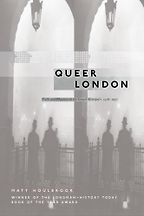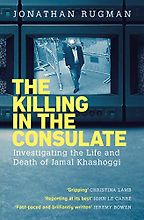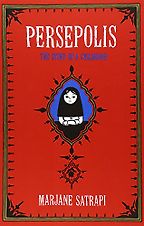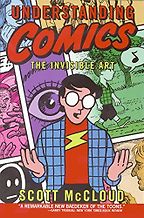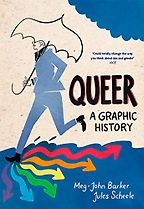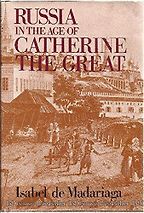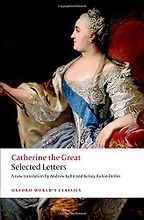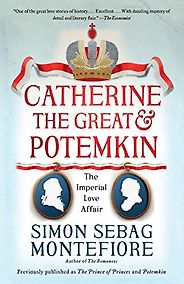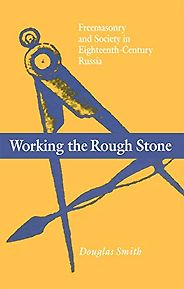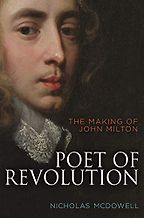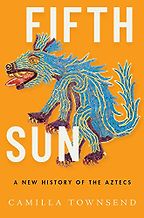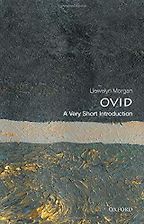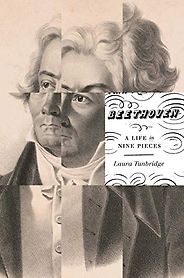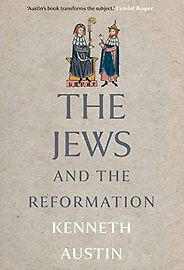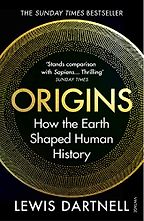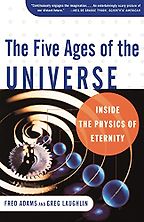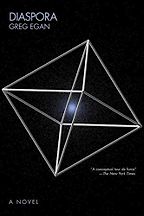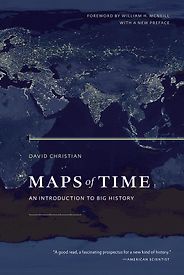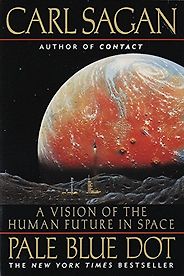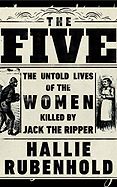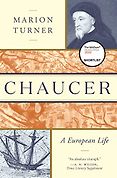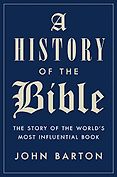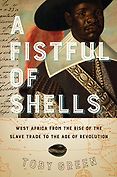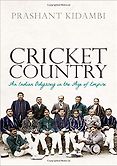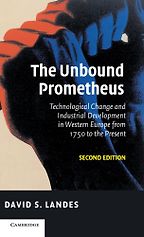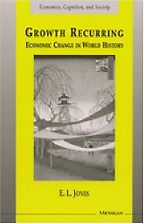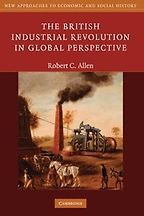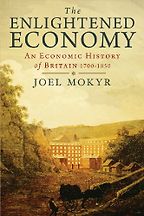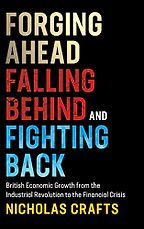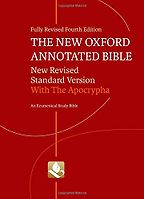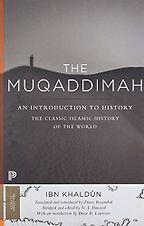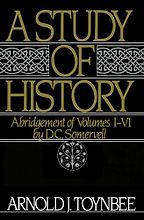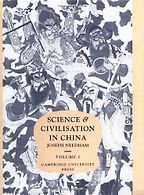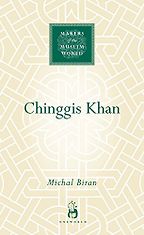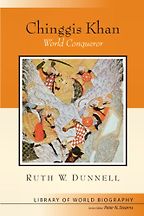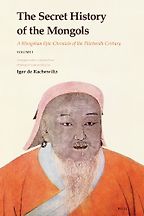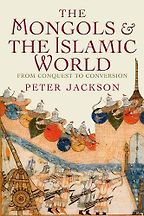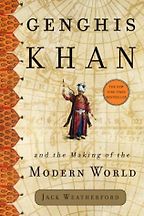History Books
recommended by historians
Last updated: February 12, 2026
-

1
Transgender History: The Roots of Today's Revolution
by Susan Stryker -

2
Queer London
by Matt Houlbrook -

3
Boots of Leather, Slippers of Gold: The History of a Lesbian Community
by Elizabeth Lapovsky Kennedy & Madeline D. Davis -

4
Not Straight, Not White: Black Gay Men from the March on Washington to the AIDS Crisis
by Kevin Mumford -

5
How Soon is Now? Medieval Texts, Amateur Readers and the Queerness of Time
by Carolyn Dinshaw
The best books on Queer History, recommended by Benno Gammerl
The best books on Queer History, recommended by Benno Gammerl
Queer history is not simply about exploring the historical incidence of non-heteronormative sexual desire and experience. It is also a way of looking at the past and of placing gender and sexuality at the heart of historical change. Here, Benno Gammerl, professor of Gender and Sexuality at the European University Institute, explains.
The best books on Assassinations, recommended by Michael Burleigh
From Julius Caesar to Jamal Khashoggi, assassinations often seem earth-shattering in their consequences. But, as historian Michael Burleigh explains, those consequences are rarely the ones the assassins intended. Here, he recommends the best books on assassinations and the assassins who carry them out, including the role of drones and PR agencies.
Best Graphic Histories, recommended by Eleanor Janega & Neil Emmanuel
Graphic histories can offer complex and layered insights into the past and are underused as a medium, argue historian Eleanor Janega and illustrator Neil Emmanuel, authors of The Middle Ages: A Graphic History. Here, they recommend five graphic histories that show the power of comics not only for telling moving stories but also transmitting difficult concepts.
-

1
Russia in the Age of Catherine the Great
by Isabel de Madariaga -

2
Catherine the Great
by Simon Dixon -

3
Catherine the Great and Potemkin: The Imperial Love Affair
by Simon Sebag Montefiore -

4
Selected Letters of Catherine the Great
by Catherine the Great -

5
Working the Rough Stone: Freemasonry and Society in 18th Century Russia
by Douglas Smith
The best books on Catherine the Great, recommended by Andrei Zorin
The best books on Catherine the Great, recommended by Andrei Zorin
She was born in 1729 as Sophie of Anhalt-Zerbst, a German princess, but by 1762 had become Empress of All Russia and went on to rule for 34 years as Catherine II. She regarded herself as an enlightened despot who embraced the ideas of the Enlightenment and consorted with the French philosophes. Russian historian Andrei Zorin introduces the remarkably industrious and able politician who is remembered as Catherine the Great.
The Best History Books of 2020, recommended by Paul Lay
From the great Latin poet Ovid to the poet of the 17th century English republic, John Milton. From the Jews in Reformation Europe to the world of the Aztecs across the centuries. From the life of Ludwig van Beethoven to the importance of language in all its varieties to studying history. Paul Lay, editor of History Today, recommends his favourite history books of 2020.
-

1
Maps of Time: An Introduction to Big History
by David Christian -

2
Origins: How The Earth Made Us
by Lewis Dartnell -

3
The Five Ages of the Universe: Inside the Physics of Eternity
by Fred Adams & Gregory Laughlin -

4
Pale Blue Dot: A Vision of the Human Future in Space
by Carl Sagan -

5
Diaspora
by Greg Egan
The best books on Big History, recommended by Toby Ord
The best books on Big History, recommended by Toby Ord
‘Big history’ looks at history on the timescale of the Earth and the universe, rather than just the short period of time that humanity has been around. Here, Toby Ord, a moral philosopher at Oxford University’s Future of Humanity Institute, recommends books to get a handle on it, and explains why now is a critical time for Homo sapiens.
-

1
The Five: The Untold Lives of the Women Killed by Jack the Ripper
by Hallie Rubenhold -

2
The Boundless Sea: A Human History of the Oceans
by David Abulafia -

3
Chaucer: A European Life
by Marion Turner -

4
A History of the Bible
by John Barton -

5
A Fistful of Shells: West Africa from the Rise of the Slave Trade to the Age of Revolution
by Toby Green -

6
Cricket Country: An Indian Odyssey in the Age of Empire
by Prashant Kidambi
The Best History Books: the 2020 Wolfson Prize shortlist, recommended by Richard Evans
The Best History Books: the 2020 Wolfson Prize shortlist, recommended by Richard Evans
If you’re looking for the best history books published this past year, the annual Wolfson History Prize is a great place to start. Each year, the judges pick out outstanding books that are both originally researched and readable. Historian and Wolfson judge Richard Evans talks us through the six history books that made the 2020 shortlist.
-

1
The Unbound Prometheus: Technological Change and Industrial Development in Western Europe from 1750 to the Present
by David S Landes -

2
Growth Recurring: Economic Change in World History
by Eric Jones -

3
The British Industrial Revolution in Global Perspective
by Robert C. Allen -

4
The Enlightened Economy: An Economic History of Britain 1700–1850
by Joel Mokyr -

5
Forging Ahead, Falling Behind and Fighting Back: British Economic Growth from the Industrial Revolution to the Financial Crisis
by Nicholas Crafts
The best books on Industrial Revolution, recommended by Sheilagh Ogilvie
The best books on Industrial Revolution, recommended by Sheilagh Ogilvie
The Industrial Revolution transformed the world forever by enabling self-perpetuating economic growth. But historians are still at odds about why the industrial revolution happened where it did and when it did. Here, Sheilagh Ogilvie, Chichele Professor of Economic History at All Souls College, Oxford, guides us through the debates and why they are still relevant today.
The best books on Global History, recommended by Felipe Fernández-Armesto
Embracing global history allows us to see humans with a much clearer perspective. Historian Felipe Fernández-Armesto introduces us to some of the trailblazing books in the field, starting in the 2nd century BCE.
The best books on Chinggis Khan, recommended by Timothy May
He was born Temüjin and was afraid of dogs as a child. He went on to create the largest land empire the world has ever known, but was more than just a bloodthirsty conqueror. Timothy May, Professor of Eurasian History at the University of North Georgia and author of a number of books on the Mongol Empire, separates the facts from the myths and explains how the modern world would have looked very different without Genghis or, more accurately, Chinggis Khan.

